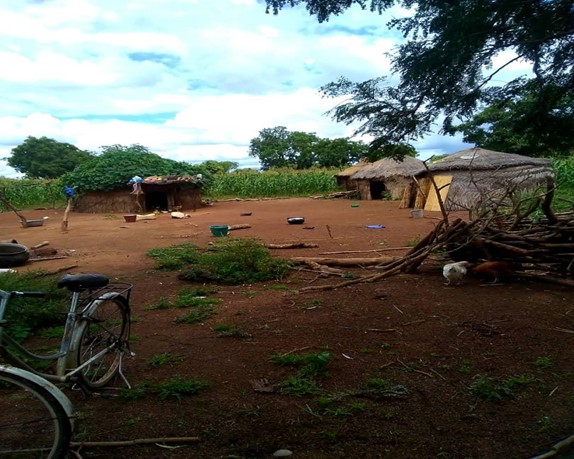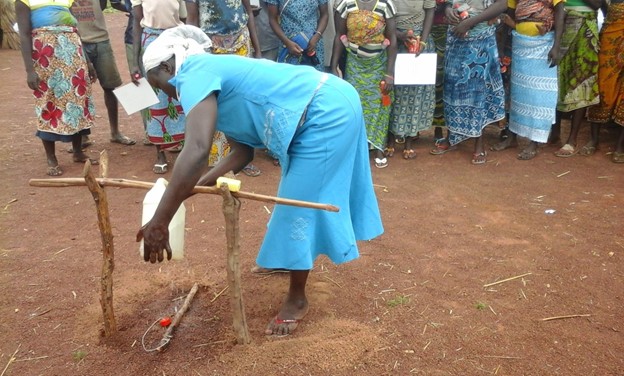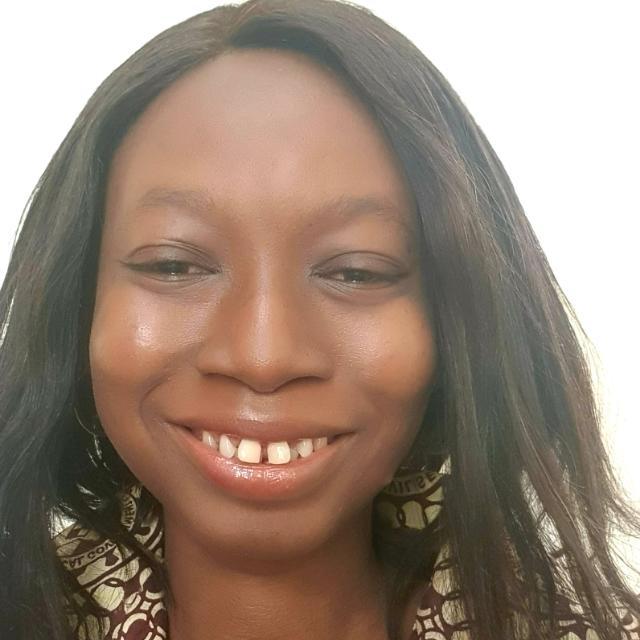Gushegu district in Northern Ghana prioritises water, sanitation and hygiene (WASH) activities, often using the Community-Led Total Sanitation (CLTS) approach, in efforts to reach Open Defecation Free (ODF) status and beyond. However, as a minority group Fulani nomads can get left behind. In this piece I look at the Fulanis’ barriers to inclusion in WASH programming and suggest how we can encourage their participation.
Where are we talking about?
Gushegu district in northern Ghana is originally made up of the indigenes Dagombas (57.43%), the minority group Konkombas (33.05%) and other minorities like Fulani nomads.
I currently work as a social development officer in the Gushegu Municipal Assembly, within the Department of Social Welfare and Community Development.
WASH issues have always been a priority in Gushegu; we have had numerous WASH activities including the popular Community Led Total Sanitation (CLTS), mostly funded by international donors. CLTS activities in my district are trying to halt open defecation, encourage communities to build their household latrines and make tipper taps for handwashing.
Background on Fulani Nomads
The Fulani, also known as Fula, are collectively called the Fulanis. Fulanis are not particular to Ghana, they are spread across West Africa and there are complicated issues with their inclusion in other countries such as Nigeria.
They are excellent in cattle rearing. In Ghana, they are predominantly found in the Northern regions, which have the best lands for animal rearing due to their rich savanna-grassland terrain and serve as a hub for the cattle business. Fulani women deal in the sale of fresh milk, locally made cheese and other milk products, and may also maintain small farms.
The Fulanis move around according to the needs of their cattle: green pastures on available lands. However, there are a few Fulanis that choose to settle permanently within communities and pick up other economic activities. Depending on favourable conditions, some stay in one place for at least 2 to 5 months and at most 3 to 5 years. Within the district, they often live at the far end of the community; sometimes about a 15-20 mins walk from other groups who, in most cases, live a stone’s throw away from each other. (The exception would be the Komkomba people who also build far from each other). Hence you would have to ask, “where is the house?”, before you can locate it.
So, although they live in the district, they don’t build their houses within the community’s structures. Some reasons are that their cattle need space and peace to graze, in addition, their houses are often built differently; they use straw to weave structures for their homes instead of the usual cement block houses. This allows them to relocate when they want to without being tied down as straw materials are easy to get anywhere.

Relationships between Fulanis with other communities in Gushegu
There is a deep mistrust between many Fulanis and other community members in Gushegu district. Criminal activities such as theft and armed robbery are often pinned on a Fulani, with some claims justified and others not. In return, the Fulanis also do not trust the indigenous, after all, they are aware and have heard of counterattacks on whole settlements in return for one person’s crime. Fulani men suffer the most from mistrust as women and children are usually considered no threat. Also, there is a communication barrier; while some Fulanis may try and learn the local language, as they travel across many areas, indigenes do not tend to.
Challenges in accessing WASH for the Fulani women
A key issue for the Fulanis is the health and safety of women and children; some women have shared that during the dry season, there is no privacy for them, and they have had to defecate in the open. In fact, during our CLTS triggering we often highlight this fact by asking, “what if another man saw your wife in the open, defecating?” or “imagine meeting your mother-law at the same defecating site?”
In addition, during the rainy season, women are in danger of snake bites. An elderly woman shared that she had diarrhoea and had no option but to still go out in the rain to defecate. Whilst most women in communities often have less power when it comes to decision-making, from my experience Fulani women have much less; from my visits, I can see they are more secluded and would hardly come out for activities, especially if the husband is not around. Whilst Fulani men speak multiple languages, the women often only speak just their own language. For example, during one visit I had to wait for a husband to come home before I could effectively communicate with a group of women.
General challenges in accessing WASH in Gushegu
Ghana’s sanitation situation particularly for the poor is a developmental concern, so WASH is a priority area for the government and NGOs. In my district, one of the major focuses is on stopping open defecation (OD) through CLTS to make communities open defecation free (ODF) and eventually ‘sanitised communities’. This term refers to ODF communities having other WASH related components such as latrines and safe water for schools, health centres. However, despite the focus on WASH, results remain poor. In my view, this is primarily because:
- Lack of inclusion of minority cultural groups in WASH programming. For example, communication and cultural barriers for Fulanis as ‘outsiders’ and ‘people who move a lot’ often hinder them from participating more fully in community WASH activities. When they are not present at community meetings, and other community members are asked, they say, “the Fulanis are just not interested,” but a Fulani would say, “we were not even aware there’s a meeting!“.
- WASH activities are donor-driven hence once funding ceases, there are no local funds for CLTS activities meaning funding for WASH activities is limited, currently, the district depends on external organisations and NGOs.
- Changing behaviour is difficult. I would attribute this to the lack of local community ownership, and prevailing traditional practices such as viewing defecating in a latrine as a taboo, although this is not specific to only the Fulanis. For example, in one community I visited someone said, “How can you shit on top of an elder’s faeces? This is not right!”. If one group stops defecating in the open while another continues, it still affects the entire community, hence it is in the interest of the whole community to work together. For example, a cholera outbreak would affect everybody; it doesn’t matter who started the contamination.
- Not considering the time of rural people. There is often the misconception that poor people have lots of free time. Communities are not consulted to seek their opinion on timings for WASH activities and are expected to fit into schedules dictated by funding and activities. Major field activities tend to be carried out during the rainy and harvesting seasons (May to October), yet these are critical times for community members to farm and harvest crops.

Overcoming challenges
WASH projects could focus more on highlighting inclusion. Participation of minority groups such as the Fulanis needs to be sustained over time. In my work, I realise that it is vital to understand that changing people’s behaviours is not a one-day event. Now there is training for and a movement toward using behaviour-led approaches that would involve community members themselves to identify their WASH issues and lead solutions themselves.
Our new adaptation to CLTS, known as Enhancing WASH (EWASH funded by USAID), is trying to change this by:
- Forming a multisectoral team to retrigger communities.
- Asking communities themselves to express interest in working with teams in adopting CLTS.
- Highlighting inclusion
We are now working to bridge communication and cultural barriers by ensuring that inclusiveness is a key component of our programs. During field activities, I always ask “Where are they?” Before starting a meeting or sharing information, I ask “Are the Fulani aware of the program?”
WASH projects need to clearly highlight inclusion as a key requirement. This is now being done in the district’s current WASH project. The real deal however is to ensure field workers also actively follow up and overcome their own prejudices.
In this regard, personally, I make an effort to actively have an open mind and ask more questions. You can read more about this in my related blog Reflections on privilege and inclusion as a Ghanaian development worker.






